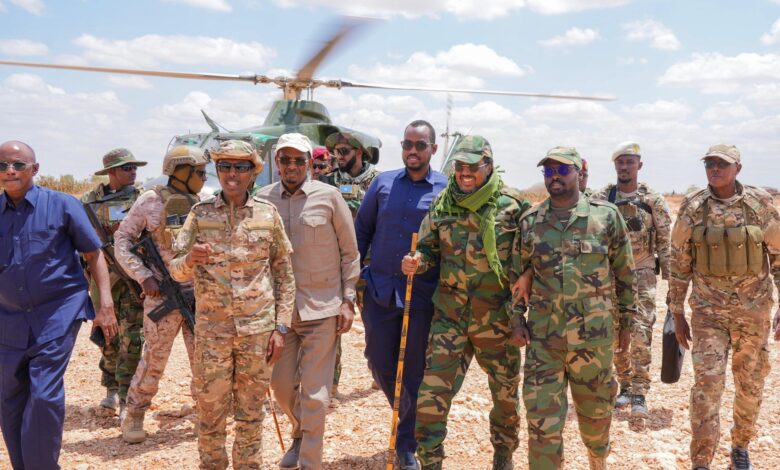
Mogadishu, Somalia – Recent reports from various foreign media outlets, including those from the United States, have claimed that Somalia is on the brink of chaos, suggesting that terrorist groups are poised to capture the capital, Mogadishu. These assertions, however, appear to be exaggerated and misleading, contributing to a narrative that does not reflect the current realities on the ground.
The portrayal of Somalia as a nation on the verge of collapse fails to acknowledge the significant progress made in recent years. While Al-Shabaab remains active, its control and operational capabilities have been notably weakened. Military efforts by the Somali National Army, supported by African Union forces, have successfully reclaimed key territories from the group.
Exaggerated media narratives can have far-reaching consequences. By focusing disproportionately on sensational stories of impending doom, these reports instill fear both locally and internationally. Such portrayals can deter foreign investment and aid, essential components for Somalia’s recovery and development.
This kind of propaganda does not only distort the perception of Somalia; it can also undermine the hard work of those committed to rebuilding the nation. Local communities, already vulnerable, may feel further isolated and discouraged by the global narrative that emphasizes danger rather than resilience and hope.
Al-Shabaab (Khawarij) has been widely recognized as a formidable threat to security in Somalia and the greater Horn of Africa. However, a closer examination reveals that the narratives surrounding Al-Shabaab’s influence may be exaggerated, potentially hindering Somalia’s social and economic progress.
While Al-Shabaab remains active, its operational capacity has been significantly degraded due to sustained military pressure from the Somali National Army and African Union forces. Reports on the ground indicate that the group has lost control over key territories, which has limited its ability to impose governance and collect revenue through traditional means.
The emphasis on counterterrorism efforts, driven by an exaggerated perception of threat, can lead to a misallocation of resources. Funding and support intended for development can be diverted to military operations, undermining crucial investments in education, healthcare, and job creation. This shift not only affects immediate security but also stifles long-term growth and resilience.
To effectively combat Al-Shabaab, Somalia must prioritize building resilient communities. This involves fostering dialogue, promoting inclusive governance, and addressing the root causes of extremism, such as poverty and lack of opportunities. By focusing on socio-economic development rather than solely on military solutions, the government can weaken Al-Shabaab’s influence from within.
Policymakers and international partners must reassess their strategies regarding Al-Shabaab. A balanced approach that recognizes the need for both security and development is essential. Encouraging local governance and empowering communities can help undermine the group’s appeal and reduce its recruitment efforts.
Leadership Magazine







